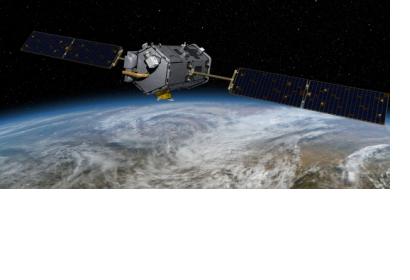Eight member states have raised concerns about future funding for the EU's GMES space programme.
The countries used a letter to the commission to lodge a formal protest against what some believe could be possible funding reductions for the EU-wide scheme.
The move comes after the commission proposed funding for GMES 'outside' of the multiannual financial framework for the spending period from 2014-2020.
In addition, the commission has announced recently that it is considering regulating the funding of GMES by an intergovernmental agreement.
Both proposals have raised concerns in some quarters that future funding for the programme may be cut or at best frozen.
The letter is signed by France, Germany, Finland, Italy, Spain, Sweden, the Netherlands and the UK.
It was sent to commission vice-president for industry and entrepreneurship Antonio Tajani, budget and financial programming commissioner Janusz Lewandowski, and Máire Geoghegan-Quinn, the commissioner for research, innovation and science.
The letter says the commission proposal "contradicts current practice and the principle of transparency". "Furthermore, it can only be interpreted as a sign of disengagement by the EU towards major strategic sectors," it says.
The member states describe the GMES space programme as a large scale project "which is important for Europe's energy, environmental monitoring, and the security of its citizens".
The letter adds, "GMES is one of two principal elements of the European space policy and is therefore under the management and responsibility of the EU.
"The approach of the commission does not fit with the European budget's requirement for sincerity, clarity and budgetary discipline. To hide certain expenditure items instead of examining the whole range of EU expenditure is not acceptable.
"It is even less appropriate at a time when member states are focusing on unprecedented budgetary efforts." It also says that the "regulation of funding by intergovernmental agreements would unduly complicate budget negotiations".

